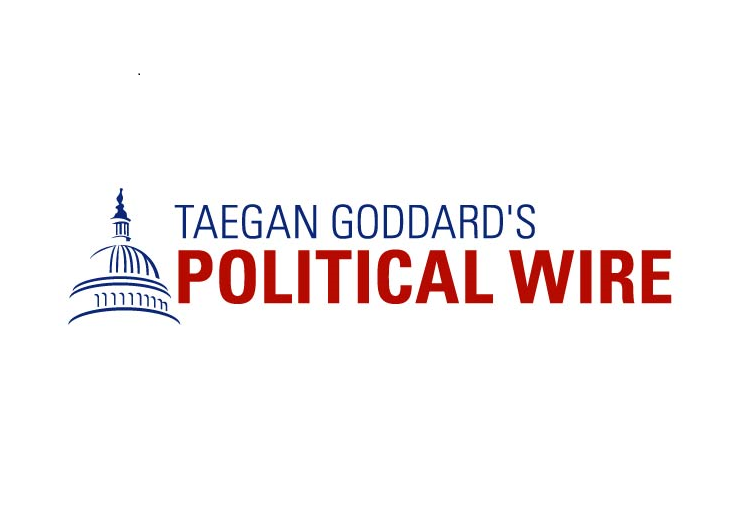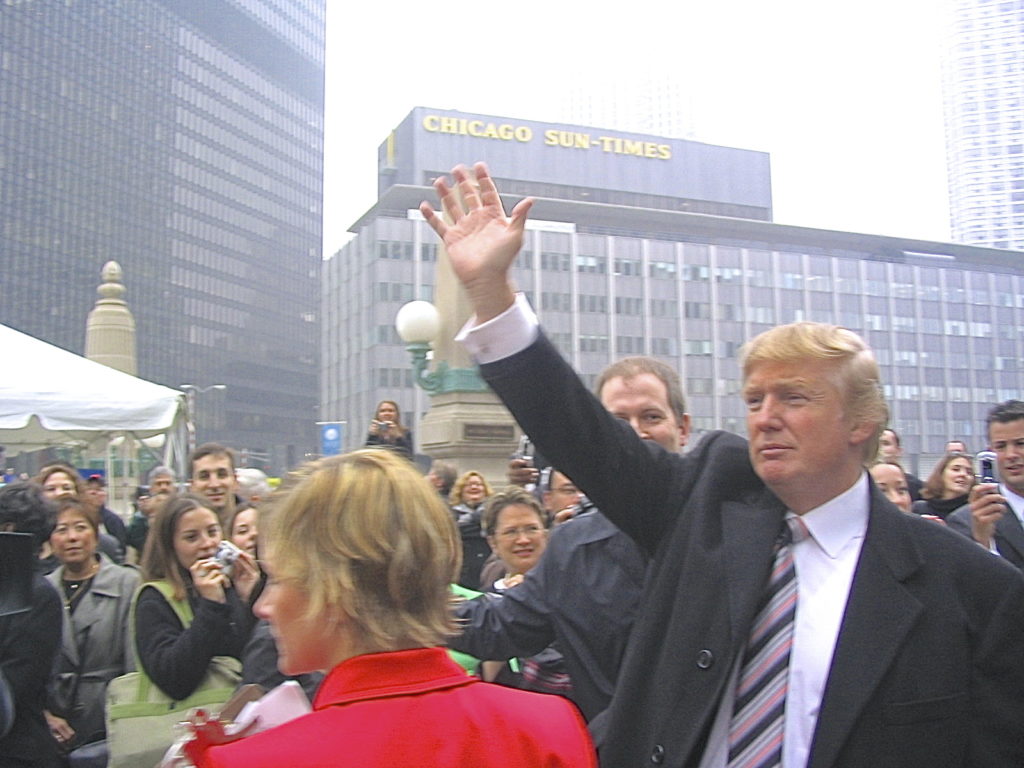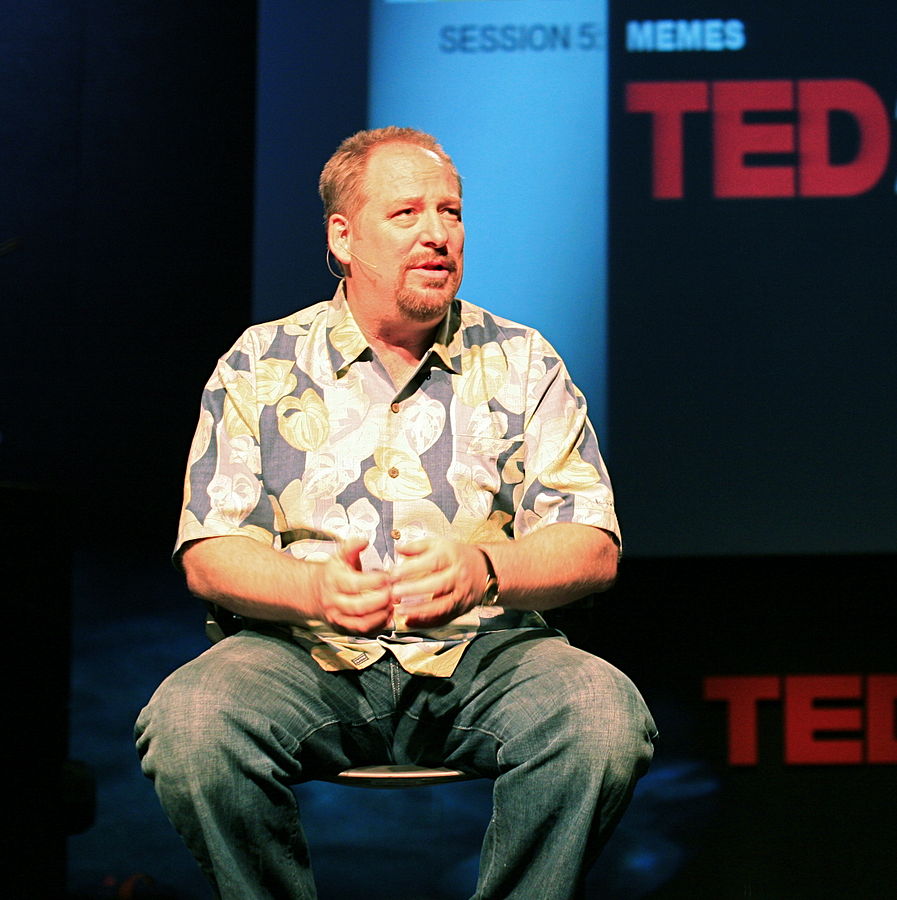What Do Political Reporters Want?
I’ve spent the past two years following politics more closely than most other people.
I’ve watched and written about every Republican primary debate (20 in all), both political conventions, and the three presidential debates. I’ve read hundreds of polls. I’ve spent hundreds of hours on Twitter following the latest political news and gossip shared by Washington reporters.
And after investing all of those hours in the 2012 election, I’m left with one unanswered question: Are the political press making life impossible for political candidates by demanding two almost completely incompatible traits?
On one hand, the political press reward authenticity, knocking candidates who don’t live up to their standards of “authentic.” They mocked Mitt Romney’s awkward attempts at playing the common man, such as when he told a group of unemployed voters that he, too, was unemployed. In earlier elections, they scoffed as John Edwards, an advocate for people in poverty, paid $400 for a haircut, just as they laughed at the patrician John Kerry for going duck hunting shortly before the 2004 election.
Politicians viewed as more authentic, meanwhile, make the political press swoon. Think about the fawning coverage John McCain earned during his first presidential run in 2000 while speaking to reporters on his bus, “The Straight Talk Express.” Or the admiring coverage the self-possessed Barack Obama received in 2008.
But on the other hand, the political press spills barrels of ink on every “gaffe” committed by a politician or candidate. I’m not talking here about a particularly stupid remark that deservedly ends a political career (think “legitimate rape” or “Macaca”), but the types of gaffes (“I like being able to fire people,” “If you have a business, you didn’t build that”) that receive days’ worth of coverage, knocking the candidates who say them badly off script.
So which is it? Do the press want candidates to be authentic, meaning that candidates will be more “real” but occasionally imprecise, or do they place a higher value on candidates who avoid gaffes, even if it means they appear more scripted?
Whether it’s reasonable or not, they clearly want both. And as a result, that means that candidates have to perform a high-wire act that few human beings—never mind politicians—can live up to.
Think it’s easy? Imagine trying to be truly yourself while discussing policy and having cameras capture every public moment over a two-year period. Do you think you could avoid saying anything embarrassing during that time, when you’re not only stressed but suffering from chronic sleep deprivation?
As a media trainer, I place a high value on authenticity. I wish public figures could live a life without being so constantly on guard. But in a media environment in which a single media moment is all it takes to destroy a career, I’d be committing professional malpractice if I didn’t teach spokespersons how to avoid such gaffes.
Oftentimes, that means they need to show a little less of themselves and stick to their talking points.
And that’s a shame for all of us.
This post originally ran on the Politix website. Brad Phillips is author of the forthcoming book The Media Training Bible: 101 Things You Absolutely, Positively Need to Know Before Your Next Interview.



